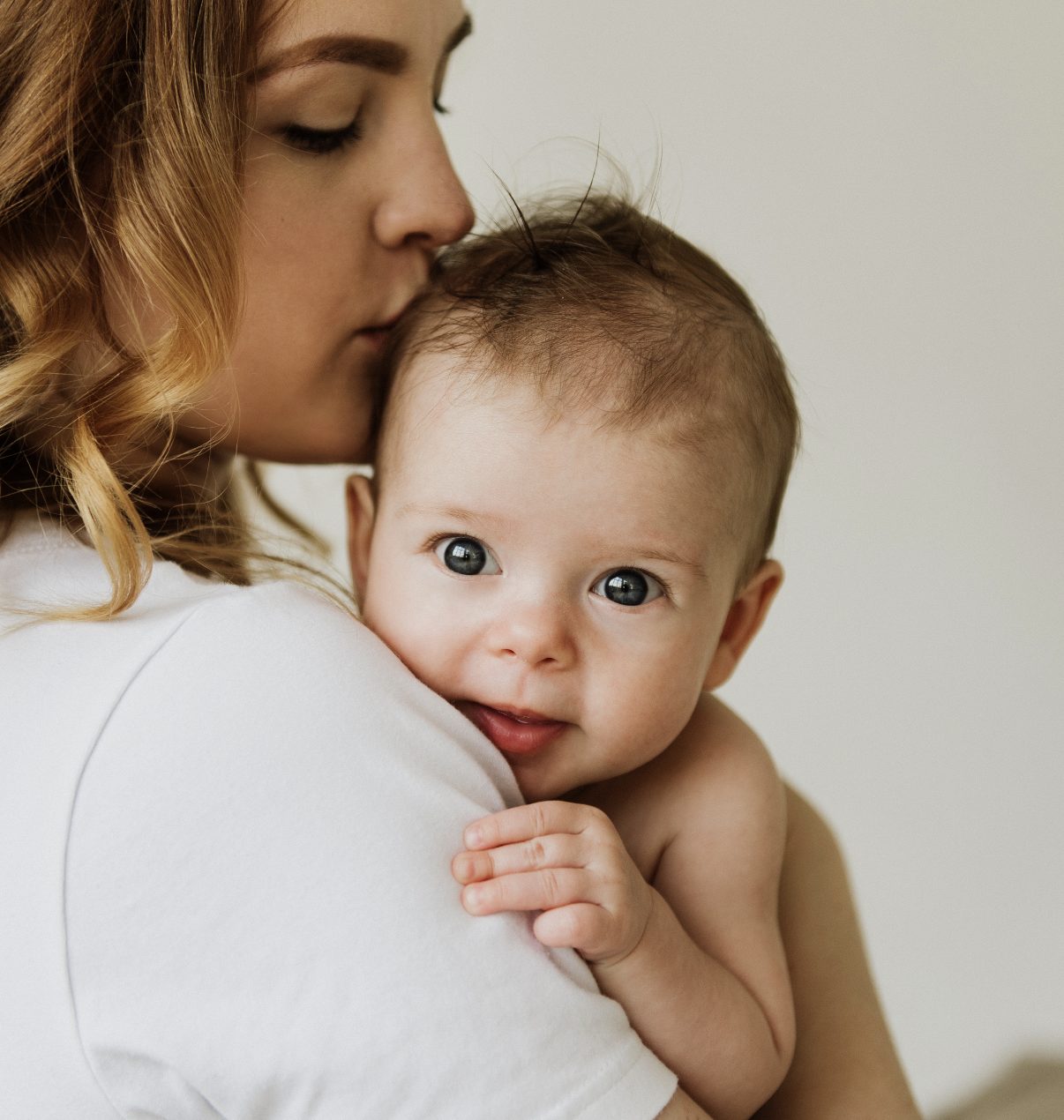We are more than a year into the dreadful coronavirus pandemic. Confusion, fear, and anger appear to be the outcome of the media’s attempt to educate the nation about the virus. It’s particularly frustrating for pregnant women who want to know what to expect. As information is still limited, here’s what’s known so far.
Pregnancy and COVID-19
According to the Mayo Clinic, the overall risk of COVID-19 to pregnant women is low. Over the months, many health researchers have said both a pregnant woman and a woman of the same age who isn’t pregnant, have the same risk of getting the disease. In other words, pregnancy doesn’t make you more likely to become infected.
The Warnings
There are several warnings about having COVID-19 and being pregnant. The research is still being done, however. But, pregnant women who contract the virus need to be aware of these potential risks:
- More likely to develop respiratory complications requiring intensive care
- Pregnancy increases the risk for severe illness and death with COVID-19
- Pregnant women are more likely to be placed on a ventilator
- Pregnant women who have underlying medical conditions, such as diabetes, might be at even higher risk of severe illness due to COVID-19
- Higher possibility of a premature delivery
COVID-19 Vaccinations and Pregnancy
The Center for Disease Control (CDC) says there is currently limited data on the safety of COVID-19 vaccines in pregnant women.
Dr. Anthony Faucci recently made this announcement regarding the vaccine and pregnancy, “Those studies are going to be done soon, and some are ongoing right now, but for pregnant women who have already taken it, after the emergency use authorization, there doesn’t seem to be any problem.”
Another study, conducted by Northwestern Medicine, found no evidence of injuries in the placentas of patients who received a COVID-19 vaccine while pregnant. According to doctors, if something goes wrong with a pregnancy, the placenta usually tells them why. “From what we can tell, the COVID vaccine does not damage the placenta,” researchers indicated.
Words and phrases like “doesn’t seem to be,” “appears safe,” “limited data,” and “from what we can tell,” are hardly reassuring. The American Society for Reproductive Medicine endorsed vaccination in pregnancy, based on evidence it has been evaluating for over a year. Currently, over half of the states have approved vaccine eligibility for pregnant women. Colorado is not one of them, yet.
V-safe Pregnancy Registration Recommendation
Currently, the CDC encourages those who are pregnant and have received the COVID-19 vaccine to enroll in V-safe to help track information. The V-safe pregnancy vaccination health checker uses your smartphone to register your vaccination and report any adverse side effects. After enrolling, you will be contacted by someone at the CDC throughout your pregnancy and after giving birth.
Talk With Your Physician
During your routine prenatal care appointments, we encourage you to talk with your healthcare provider about the vaccine. It’s always best to get more than one opinion about a decision that could impact the future of your pregnancy. As always, continue following the CDC safety guidelines to avoid getting the virus.
How We Can Help
At Life Choices, we offer free and confidential services. Our medical center follows all procedures to ensure your safety. We can confirm your pregnancy with pregnancy testing and ultrasound. If you would just like to talk about your life’s situation, we’re available for that too.
Contact us and let us know how we can assist you.

